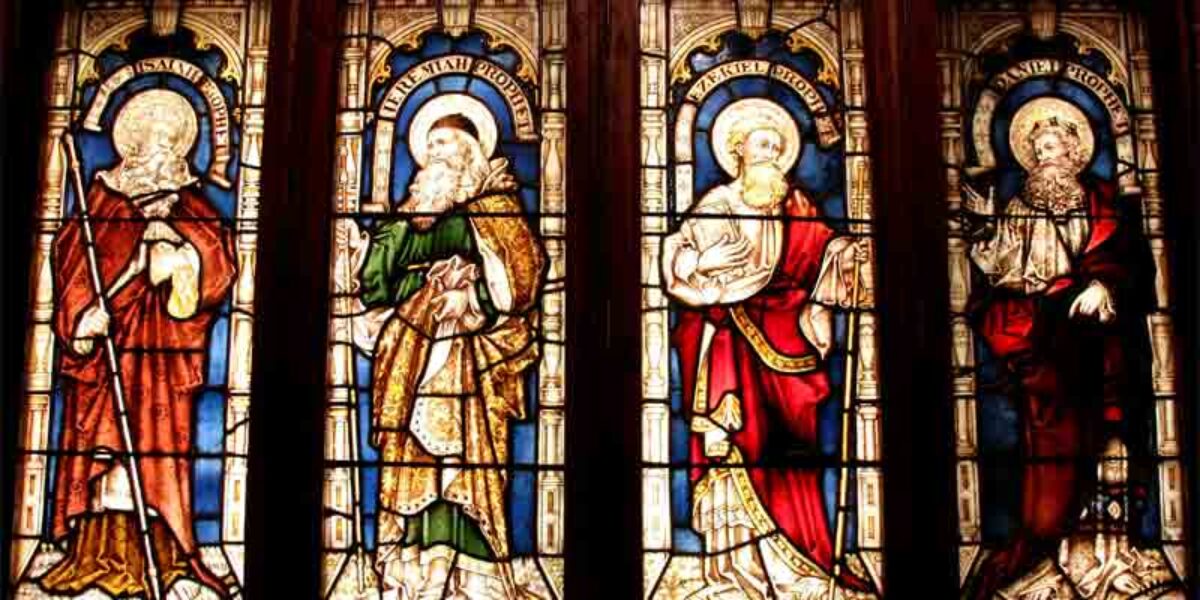We all do crazy things, whether it’s an elaborate grade school prank or an unintentional blunder that haunts us at family gatherings. But we rarely think of people in the Bible pulling baffling stunts, especially people whose job was to speak for God.
Yet throughout the Old Testament, God repeatedly calls prophets to do things that other people might think of as “crazy” in order to convey a message—God’s message.
Here are just a few antics pulled by prophets in the Old Testament.
- Elijah ate from a bird (1 Kings 17:1-5).
When God sent a drought to the nation of Israel as punishment, he sent Elijah to hide in a cave. There, Elijah ate food provided to him by ravens until it was time for him to come out and share God’s message. - Elisha made an ax head float (2 Kings 6:1-7).
Elisha was building a new settlement with a group of other prophets, when one of them accidentally dropped an ax head—an expensive, treasured possession at that time—in the river. To make matters worse, the ax head was borrowed. So Elisha threw a stick into the water, which made the ax head float. This miracle communicated to the people that God cares about people’s small worries—even returning an ax head to its owners. - Ezekiel laid on his left side for 390 days (Ezekiel 4:1-5).
Ezekiel wrote in the time of the exile. The temple had been destroyed, and the people had been banished from their land. God told Ezekiel to communicate this punishment by acting out the wrongdoings of the people. Part of this included lying on his left side for 390 days, which symbolized that 390 years that Israel sinned. - Daniel stopped eating delicious food (Daniel 1).
During the exile, the best and brightest young men of Judah were brought to the king’s court in Babylon. The king ordered that they be served the most delicious food from his kitchens. But Daniel resisted, most likely because he knew a portion of the food had been sacrificed to idols. Instead of wine and rich meats, Daniel asked to eat vegetables and drink water. - Hosea named his children “Unloved” and “Not-My-People” (Hosea 1).
The book of Hosea communicates that God loves Israel—even when they disown him. Hosea communicated this message to the people of Israel by giving his children the names “Not Loved” and “Not My People.” Later in the book, he delivers God’s message that, “I will show love to those who were called ‘Unloved,’ and to those who were called ‘Not-My-People’ I will say, ‘You are my people,’ and they will answer, ‘You are our God.’” (Hosea 2:23)





